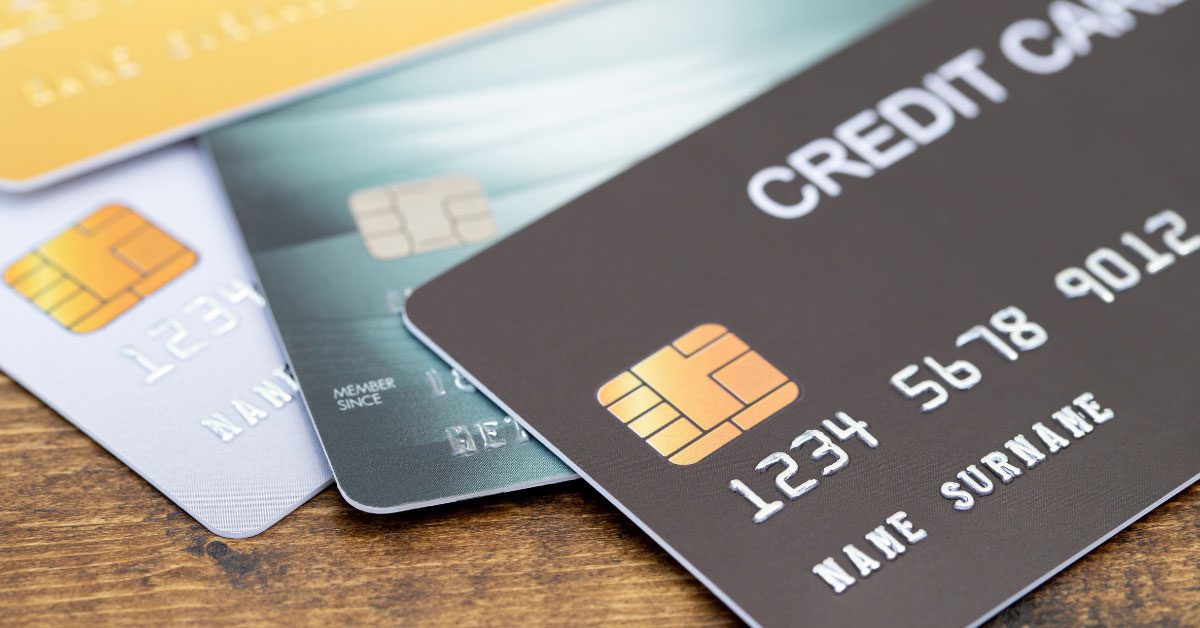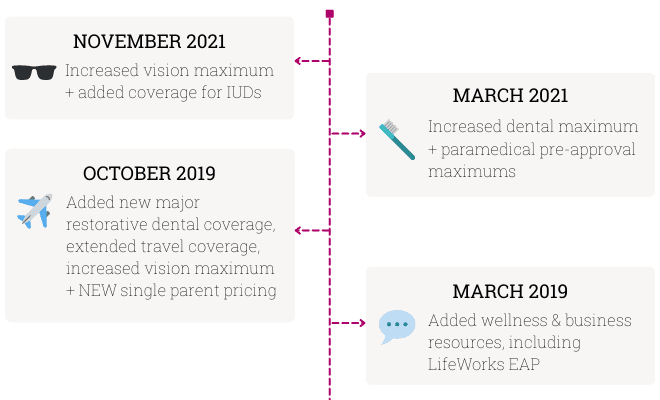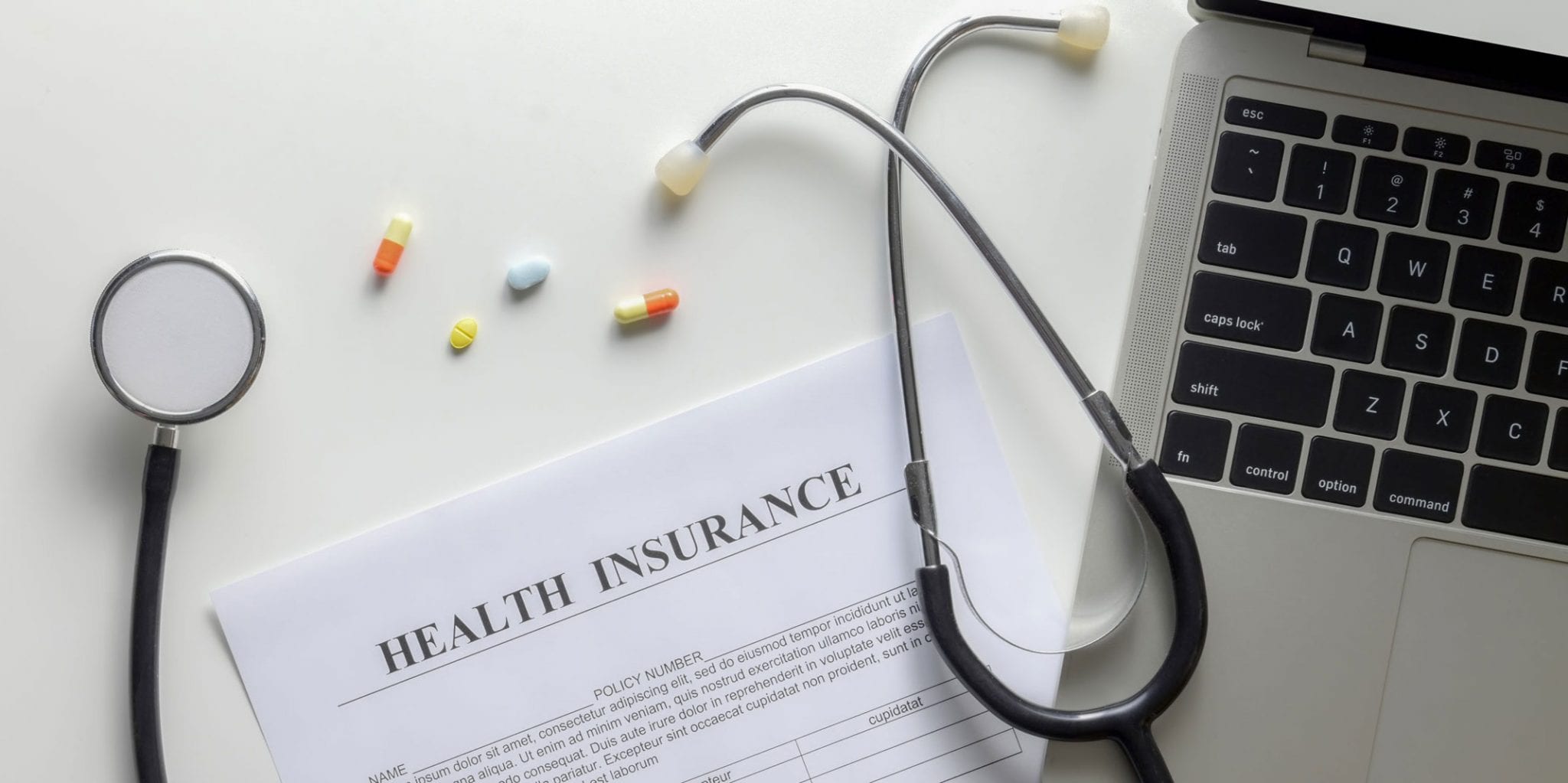
Winter Wellness The Surprising Benefits of Books
The Surprising Benefits of Books in Your Winter Wellness Plan
Whether you’re an outdoor enthusiast or cocoon-inclined, we’ve noticed that winter wellness plans often include time for a good read in a cozy spot. That, as it turns out has way more health benefits than you might think. Even if picking up the latest best-seller is not top of your relax list, you can benefit from books. Read on to see what we mean.
First the Research
Studies show reading boosts mental and physical health. By helping us escape from everyday concerns, books help reduce stress and the associated health risks. Apparently as little as 6 minutes a day or 30 minutes a week spent reading a book, newspaper or magazine slows heart rate and reduces muscle tensions. Research has also determined that reading improves memory, boosts creativity, aids sleep, helps ward off depression and dementia and significantly, it has been shown that people who read regularly live longer.
Bookworms already know a good read does wonders for mindset and mood. Who knew it does so much more! And even if you’re not typically a reader, you can benefit just by hearing the ideas that emerge from books and become a topic of good conversation or often referred-to source of advice. Here’s one example that recently caught our attention. It makes a thought-provoking and practical contribution to winter wellness, whether you actually read this book, or just consider an idea or two.
4000 Weeks
This is the time on planet earth in an 80-year lifespan. Subtitled Time Management for Mortals, the book is not about the usual productivity hacks. Quite the opposite. First, the author says we can’t ‘manage’ time. It marches relentlessly on, no matter what, so we should give up trying. Frantically working to ‘get more done’ is a mistake because much of the time all those checklists and efficiency fixes simply help us cram more of the unimportant into our lives, while we postpone what’s really worth our time - in business and personally.
4000 Weeks is about doing things differently. Here’s just one suggestion: Replace FOMO with JOMO. Instead of making choices based on fear of missing out, savour the JOY of missing out that comes with choosing what is really worth your time. Say no to as much lower-ranking ‘stuff’ as possible (even though admittedly some of it might be pleasant) so you can focus time and energy on your top priorities and what you truly value. In this season of reflecting on 2021 and planning for the new year, it’s the perfect time for these words of wisdom.
4000 Books & Counting
While of course most of us love a good story, there are health benefits from all kinds of reading. Follow your bliss. Books about hobbies and interests from art to gaming to zen gardens. Sports: tips for the amateur and stories of success. Think food: kitchen star, bar chef or really good at making reservations, the pictures alone often inspire healthy eating or remind us of happy times around the table. Think travel: reminiscing, planning future adventures or just an armchair trip, travel books help us “escape” for a time. War and Peace. Just kidding. Not that the classics aren’t worthwhile.
The point is ... pick any topic you’ll enjoy. It’s the time spent in the escape, the delicious downtime of being fully absorbed in a story, a subject or the visuals, then enjoying the after-effect of the renewed energy to tackle your responsibilities and goals. A good read is good for your health!
This Wellness Moment is from Health Plus Insurance. From our family to yours, take care. If you’re a Health Plus plan member remember you have access to free professional Wellness Resources.








